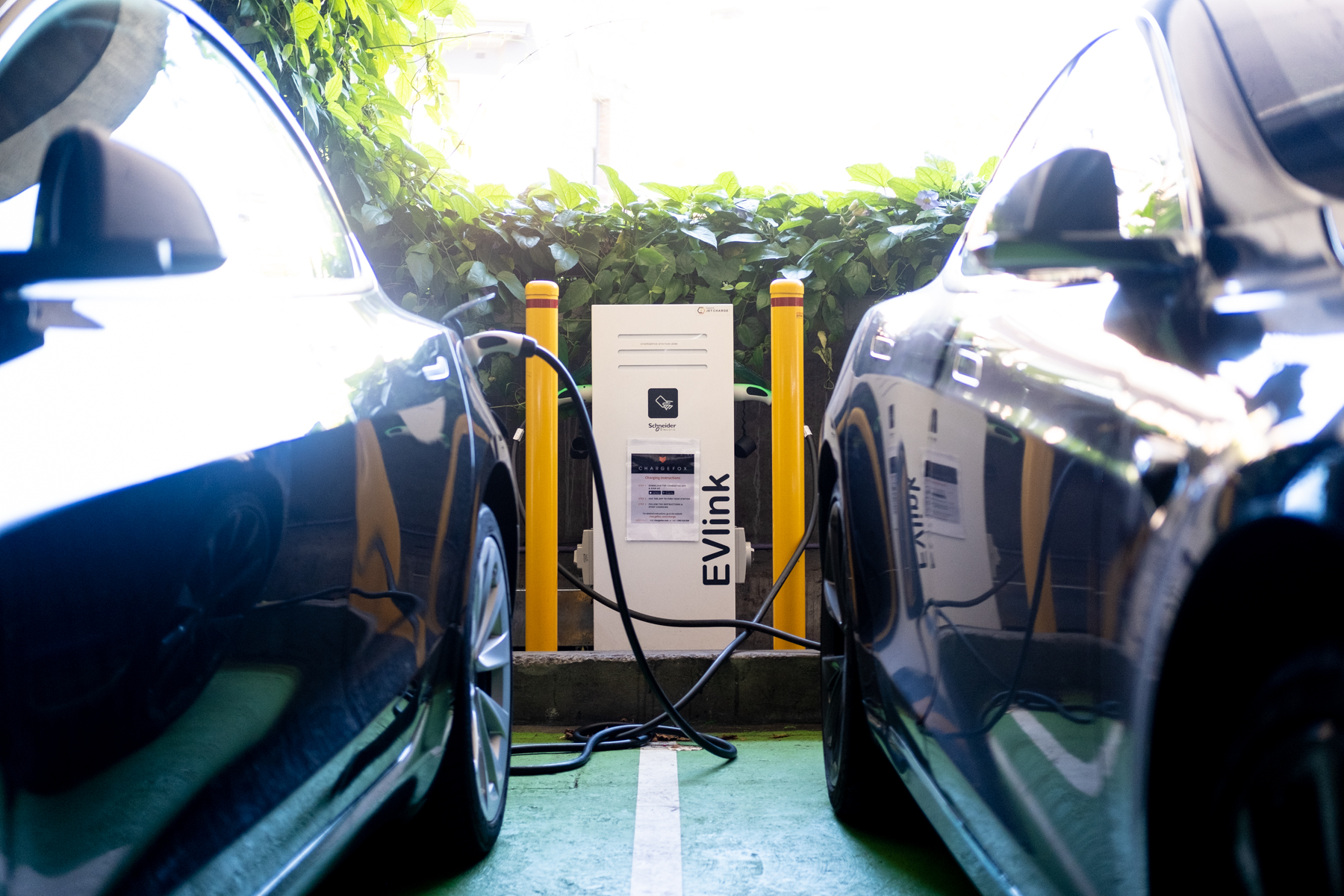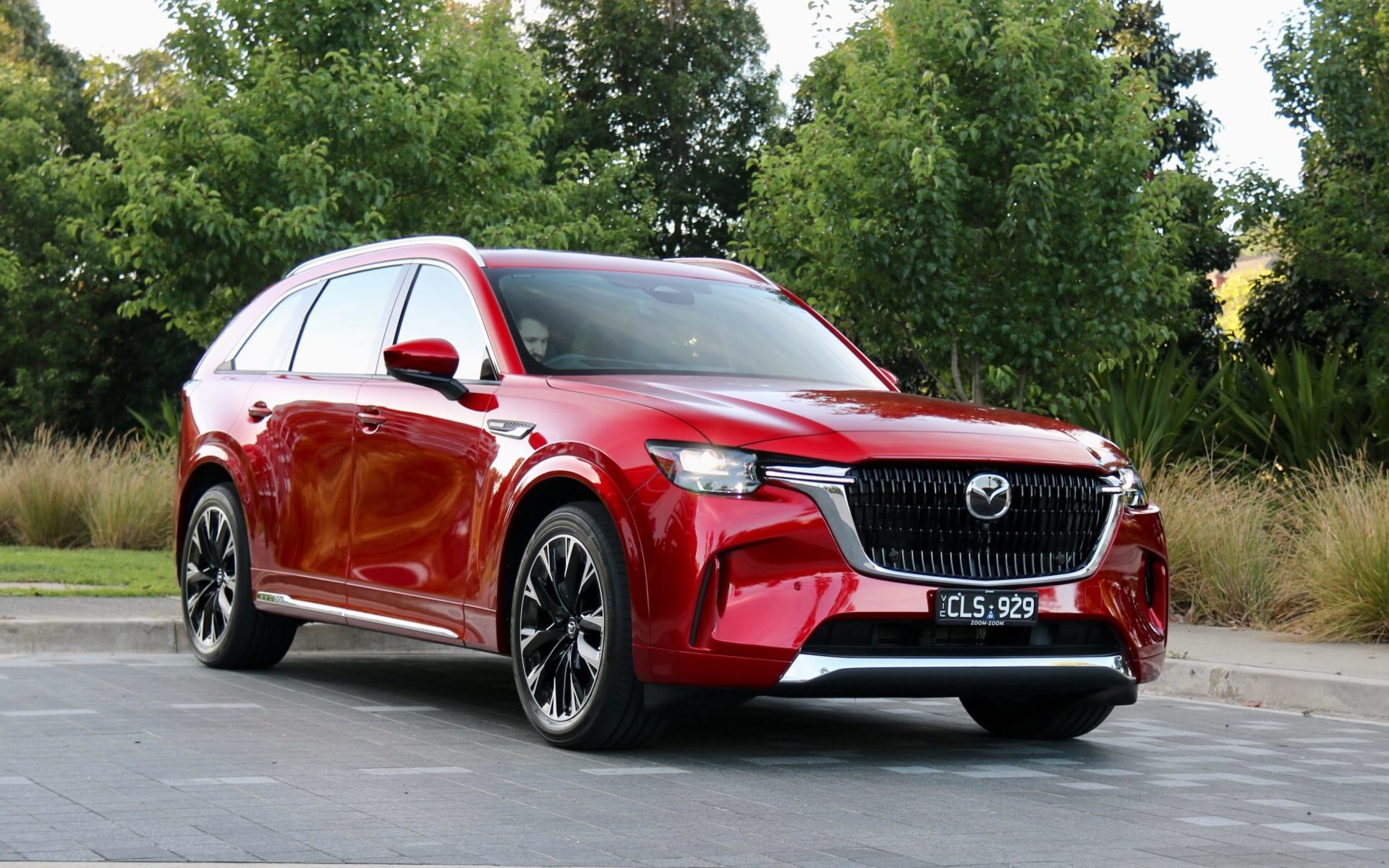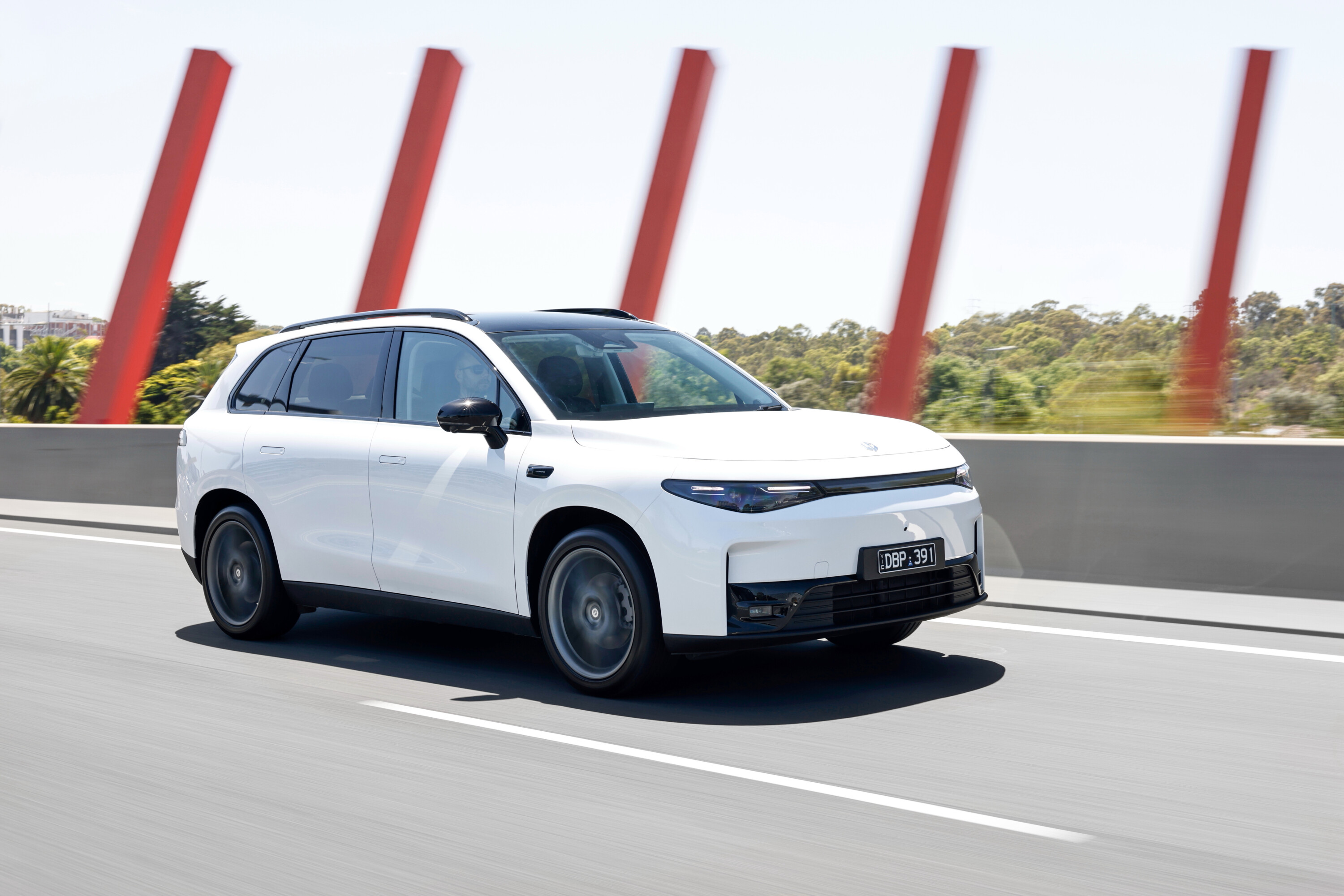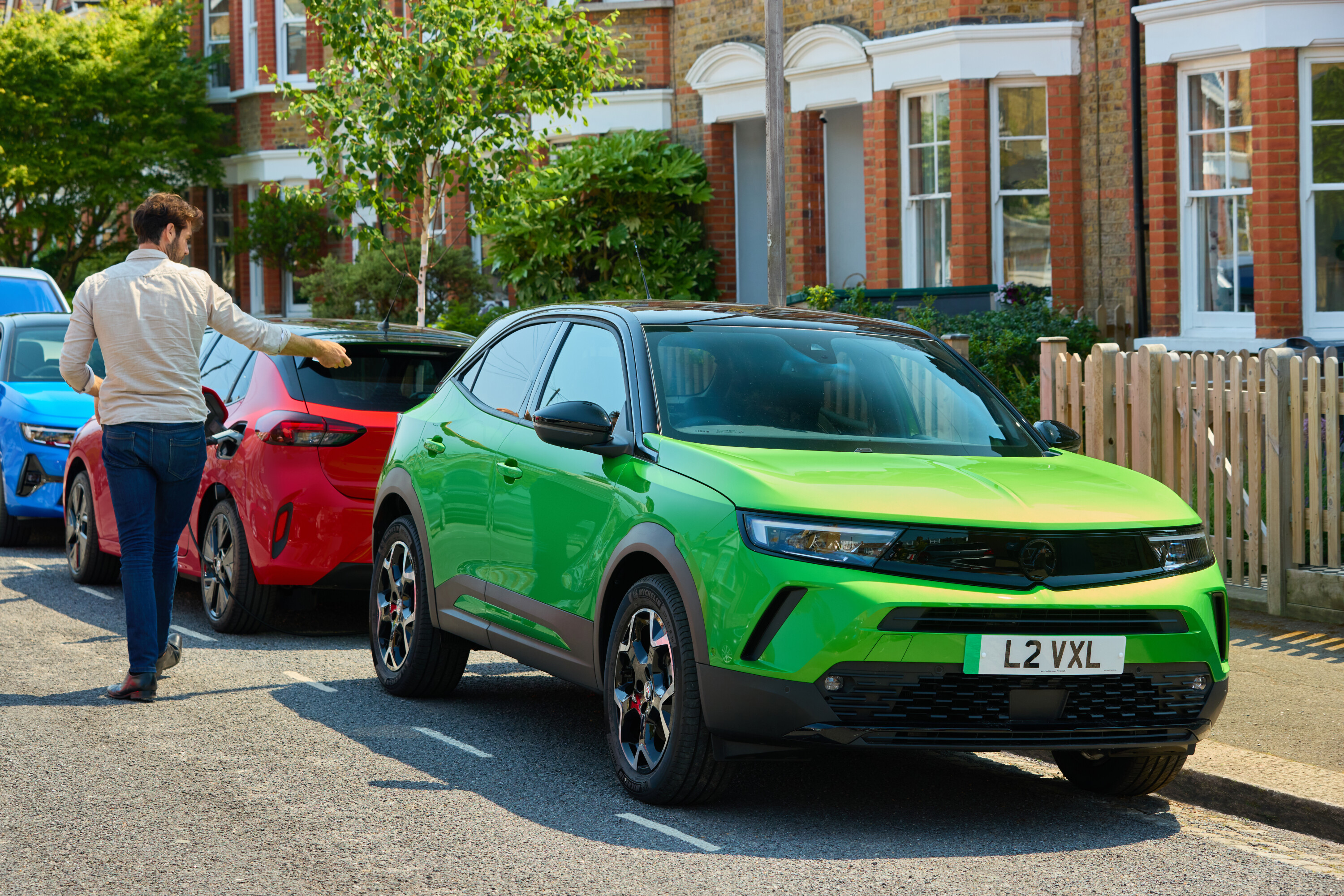
Snapshot
- UK to maintain 80% new EV sales mandate by 2030
- Delayed the new ICE vehicle ban to 2035 to be more u2018pragmaticu2019 amid cost-of-living pressures
- Carmakers have already invested into meeting previous 2030 ban
The Government of the United Kingdom will still require 80 per cent of carmakers’ sales to be electric by 2030, despite delaying the ban of new petrol and diesel vehicles last week.
The Tory government confirmed it won’t change its zero-emission vehicle mandate timeline to phase out internal combustion engine (ICE) vehicles.
This means from next year, at least 22 per cent of carmakers’ total sales in Great Britain must be all-electric, which progressively rises annually to reach 100 per cent by 2035.
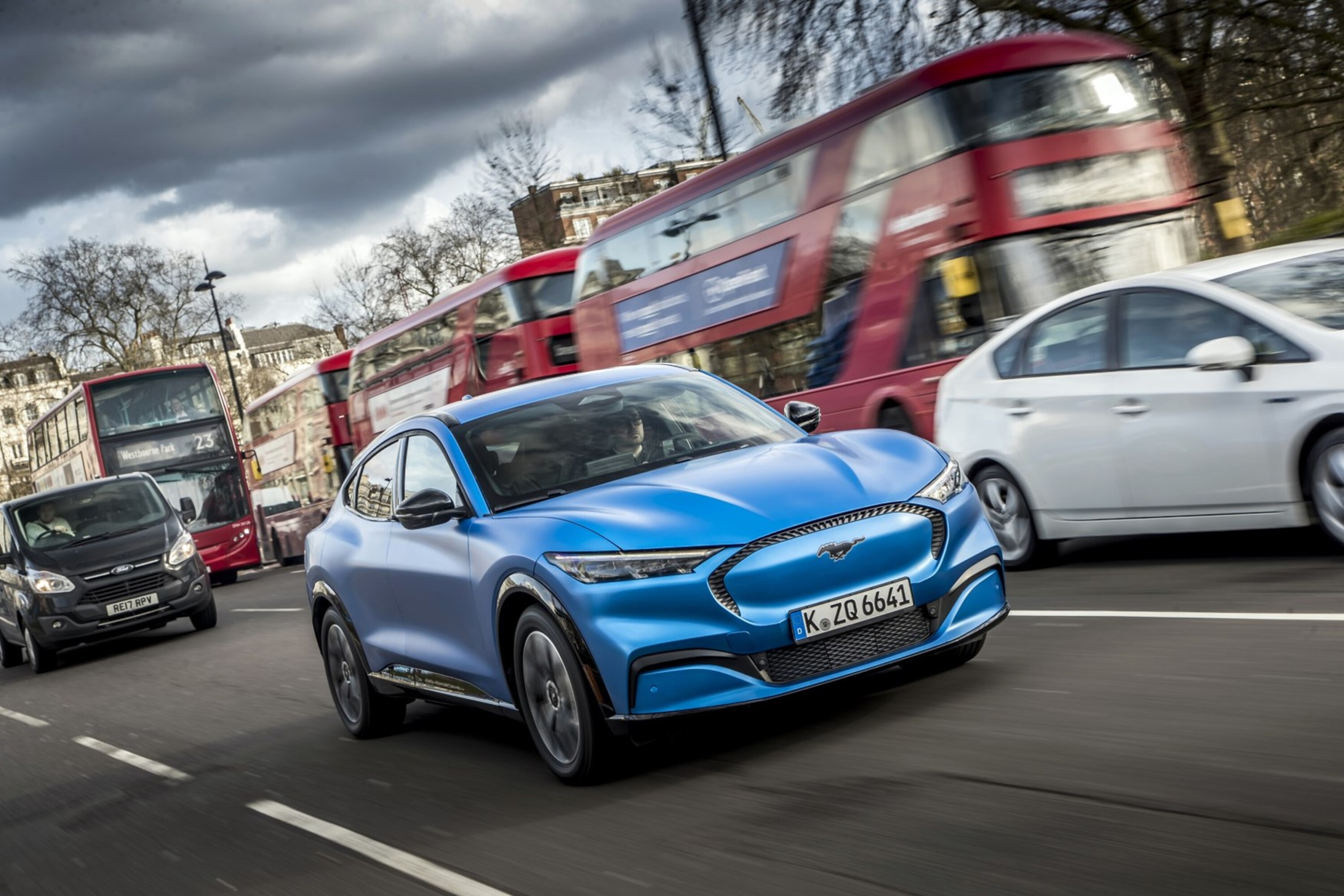
By 2030, 80 per cent of new cars and 70 per cent of new vans sold must be electric.
That’s despite prime minister Rishi Sunak announcing the relaxation of climate-related policies last week, including delaying the ban of new ICE vehicles by five years to 2035 in line with countries, such as France, Germany, and Sweden.
The move was criticised last week by carmakers that have already made investments to meet the 2030 target, with the manufacturers calling for more consistent public policy.
Locally, the Australian Government will soon introduce a ‘fuel efficiency standard’, which mandates a carbon emissions per kilometre cap on the average total sales of each car brand.
Like the United Kingdom’s approach, the Australian target will become stricter each year to boost electric and fuel-efficient vehicle sales in Australia.
September 21, 2023: UK delays new petrol and diesel car ban to 2035
Snapshot
- UK delays new ICE sales ban by five years
- Aimed at easing cost-of-living pressures, alongside relaxing other policies
- Some automakers denounce move
The Government of the United Kingdom has delayed the sales ban of new internal combustion engine (ICE) vehicles by five years to 2035.
At the UK prime minister’s speech overnight [The Guardian YouTube ↗], Rishi Sunak said the move is ‘easing the burden on working people’ by relaxing climate-related policies.
We’re aligning our approach with countries like… Australia
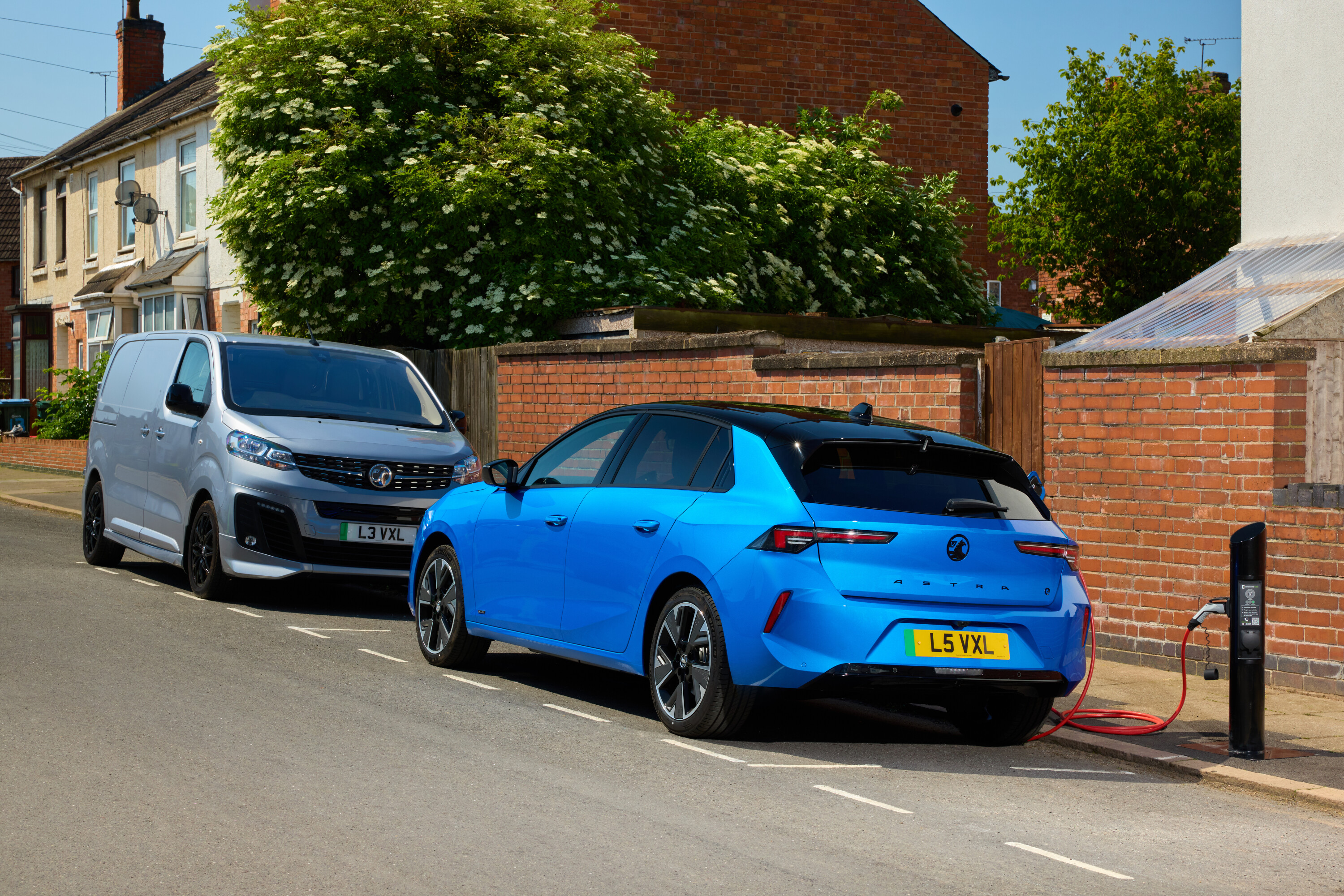
“I expect that by 2030, the vast majority of cars sold will be electric… People are already choosing electric vehicles to such an extent that we’re registering a new one every 60 seconds”, Sunak said.
“But I also think that, at least for now, it should be you the consumer that makes that choice, not government forcing you to do it.
“Because the upfront cost still is high – especially for families struggling with the cost of living – small businesses are worried about the practicalities, and we’ve got further to go to get the charging infrastructure truly nationwide.
“We’re aligning our approach with countries like Germany, France, Spain, Italy, Australia, Canada, Sweden, and [some] US states… and still ahead of the rest of America and other countries like New Zealand.”
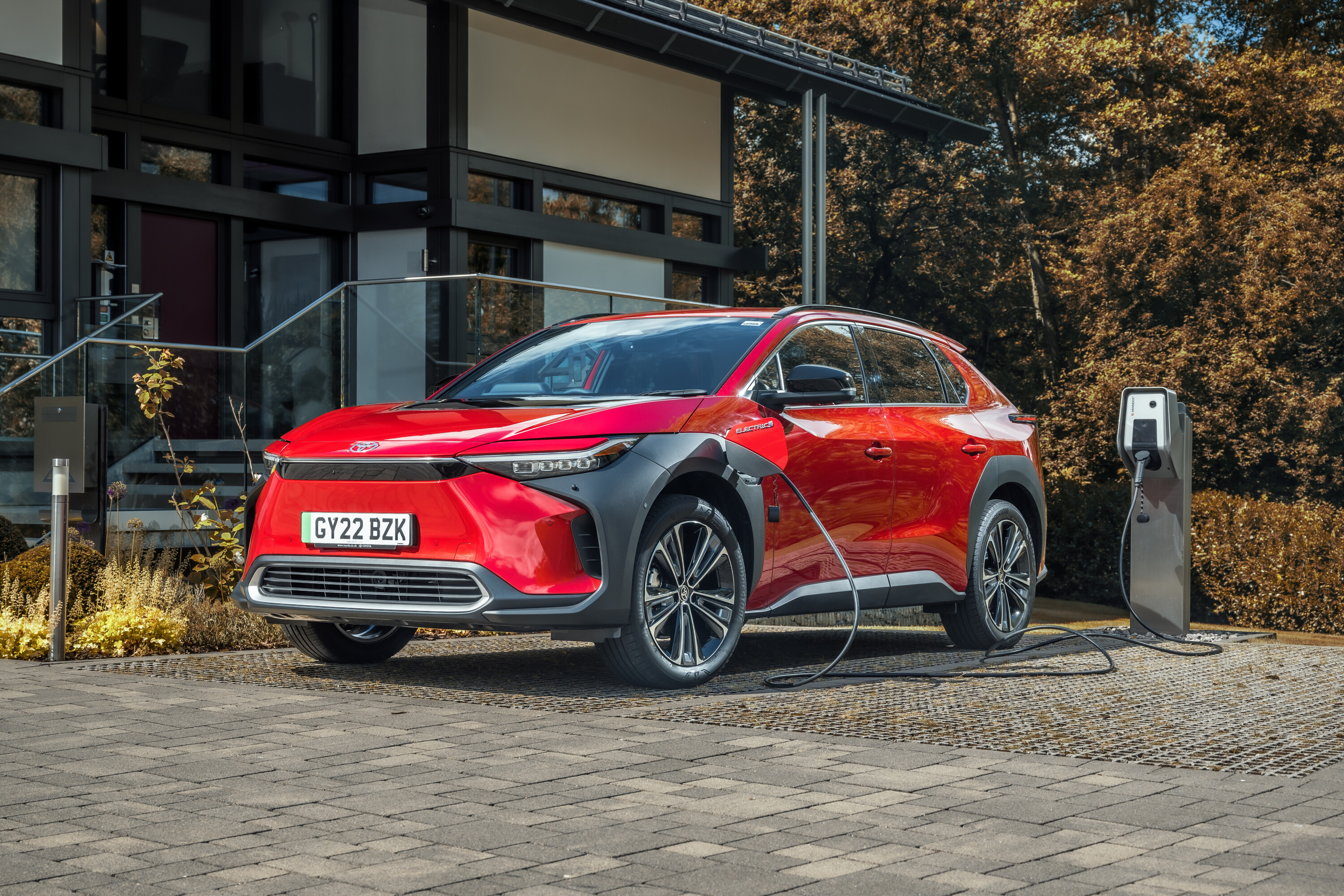
Sunak’s move represents a relaxation to former Conservative Party prime minister Boris Johnson’s policy – announced in 2020 – which would have banned the sale of new pure petrol- and diesel-powered vehicles.
New plug-in hybrids will be allowed, and used traditional combustion engine vehicles can still be purchased after 2035.
The leader of the Conservative Party also echoed the European Commission’s recently-launched investigation into ‘artificially low’ made-in-China EVs.
“We need to strengthen our own auto industry, so we aren’t reliant on heavily subsidised, carbon-intensive imports from countries like China,” Sunak said.
The UK prime minister claimed it is already 48 per cent ahead of its Group of Seven (G7) partners – including Germany, Italy, France, Canada, Japan, and the United States – in achieving net zero emissions by 2050.
In Australia, Victoria recently ended its $3000 EV purchasing rebate and New South Wales will follow next year – both earlier than initially promised.
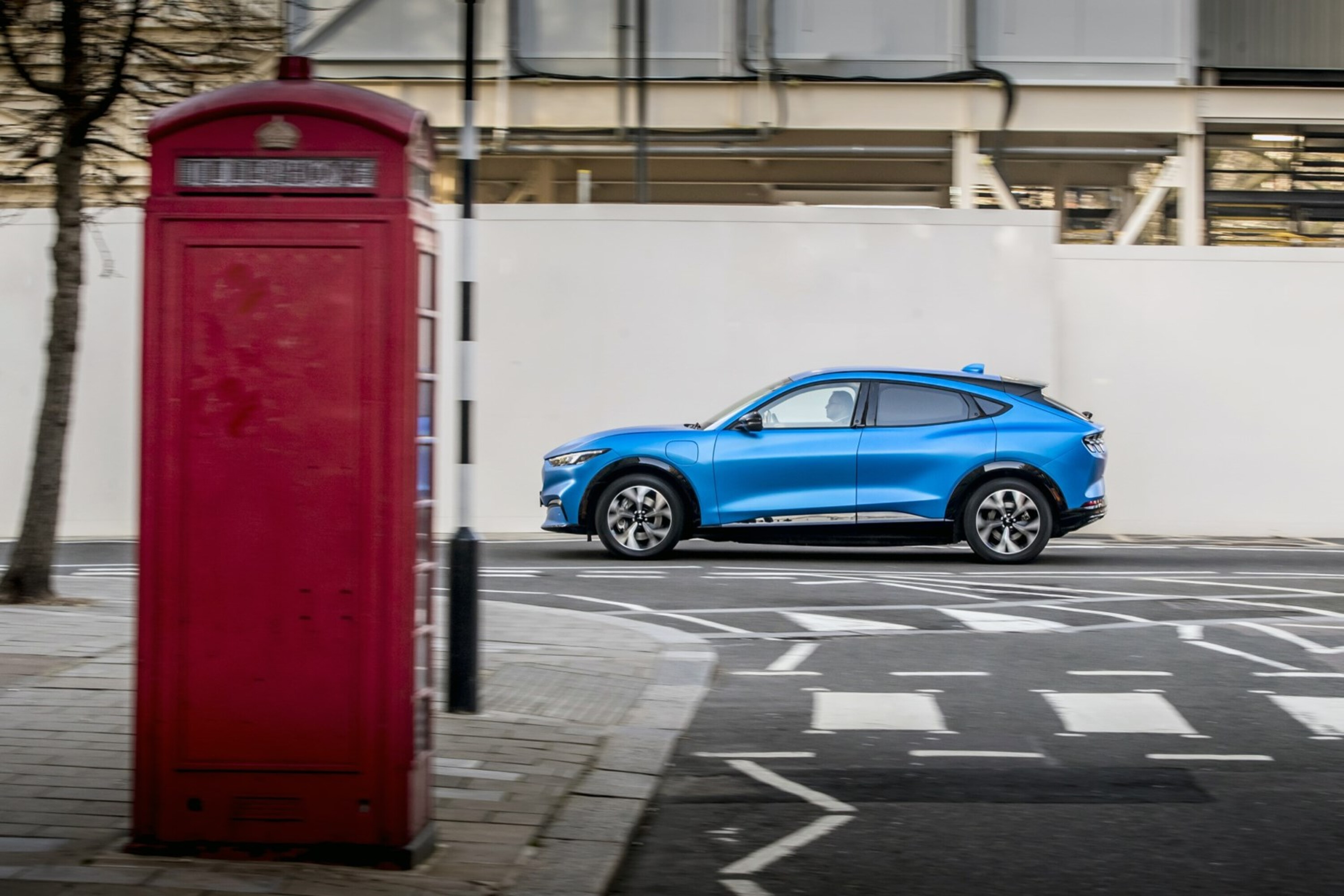
Car brands denounce delay
A statement from Ford UK chair Lisa Brankin said the industry has already made investments to meet the previous 2030 deadline.
“This is the biggest industry transformation in over a century and the UK 2030 target is a vital catalyst to accelerate Ford into a cleaner future,” Brankin said.
“Our business needs three things from the UK government: ambition, commitment and consistency. A relaxation of 2030 would undermine all three.
“We need the policy focus trained on bolstering the EV market in the short term and supporting consumers while headwinds are strong: infrastructure remains immature, tariffs loom and cost-of-living is high.”
Meanwhile, a statement from the Volkswagen Group UK said despite the policy delay “we urgently need a clear and reliable regulatory framework which creates market certainty and consumer confidence, including binding targets for infrastructure rollout and incentives to ensure the direction of travel.”
Sunak has also extended the country’s deadline for installing heat pumps to 2035, alongside removing taxes on meat, aeroplane travel, and compulsory car sharing.
We recommend
-
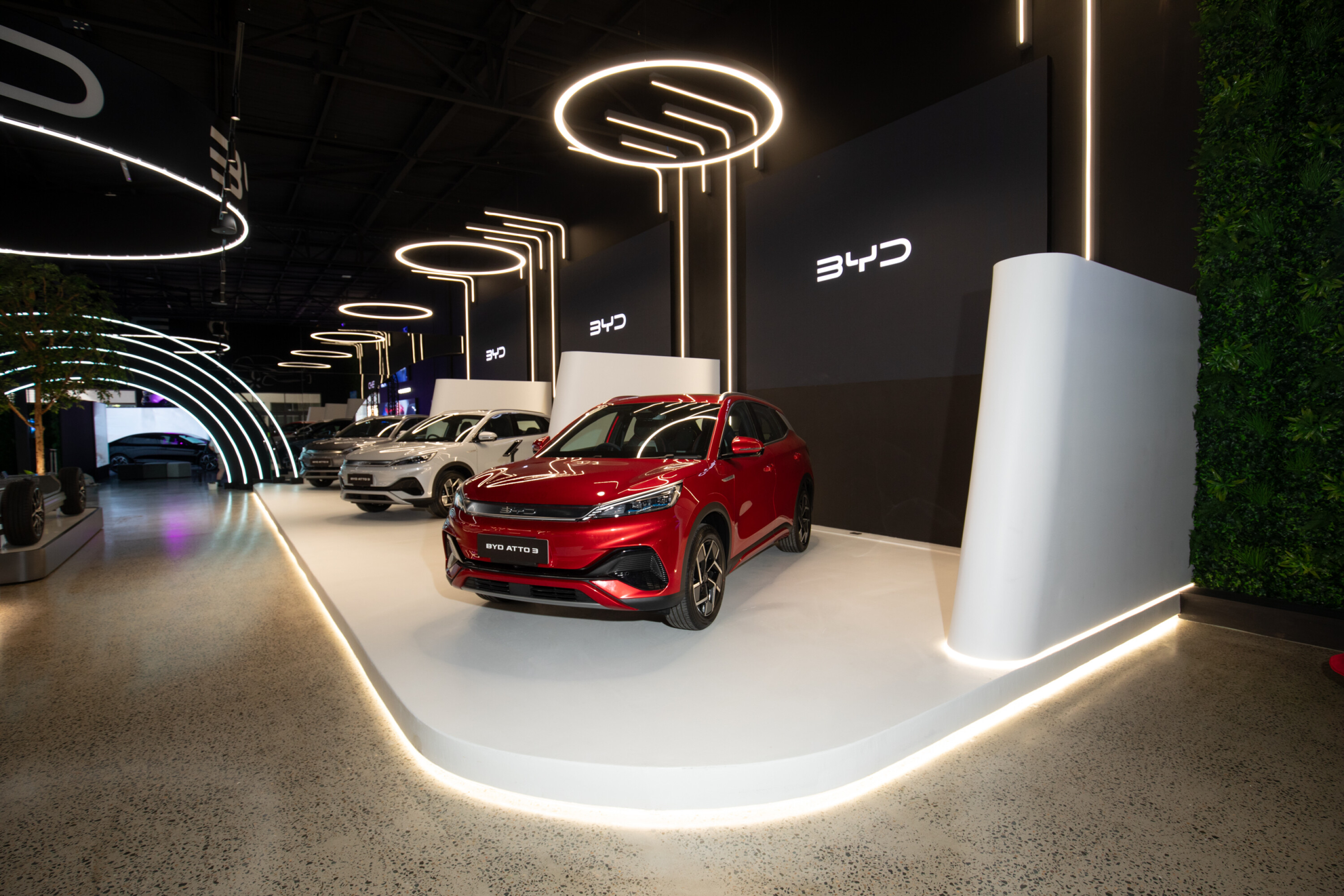 News
NewsNSW to end EV rebate early to focus on charging infrastructure
New South Wales will end its electric vehicle rebate earlier than initially planned, though the state government will instead focus investment on charging infrastructure
-
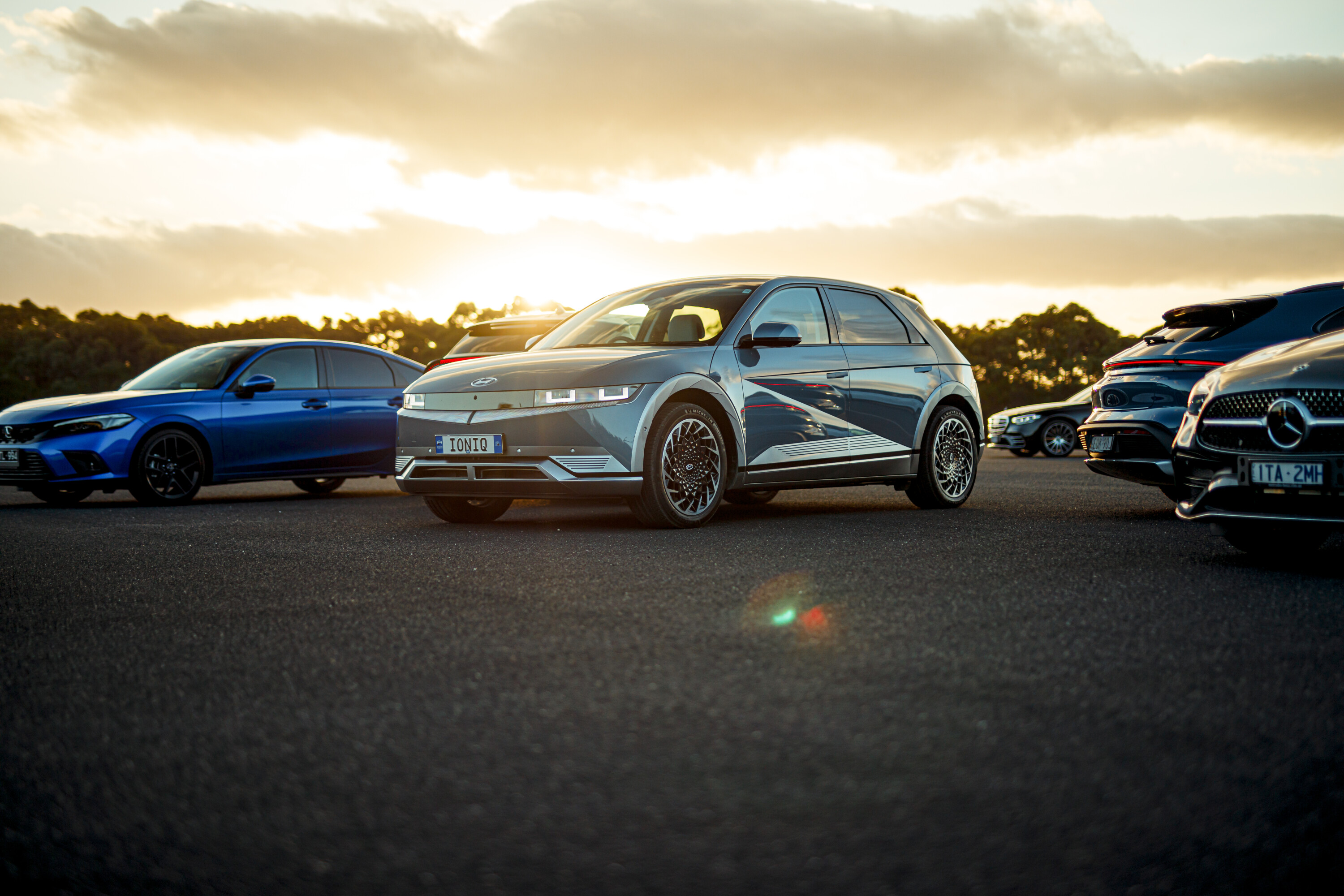 Advice
AdviceHow much more expensive are electric cars in 2024?
As EV prices go down, ICE vehicles are going up. How big is the EV price premium today?
-
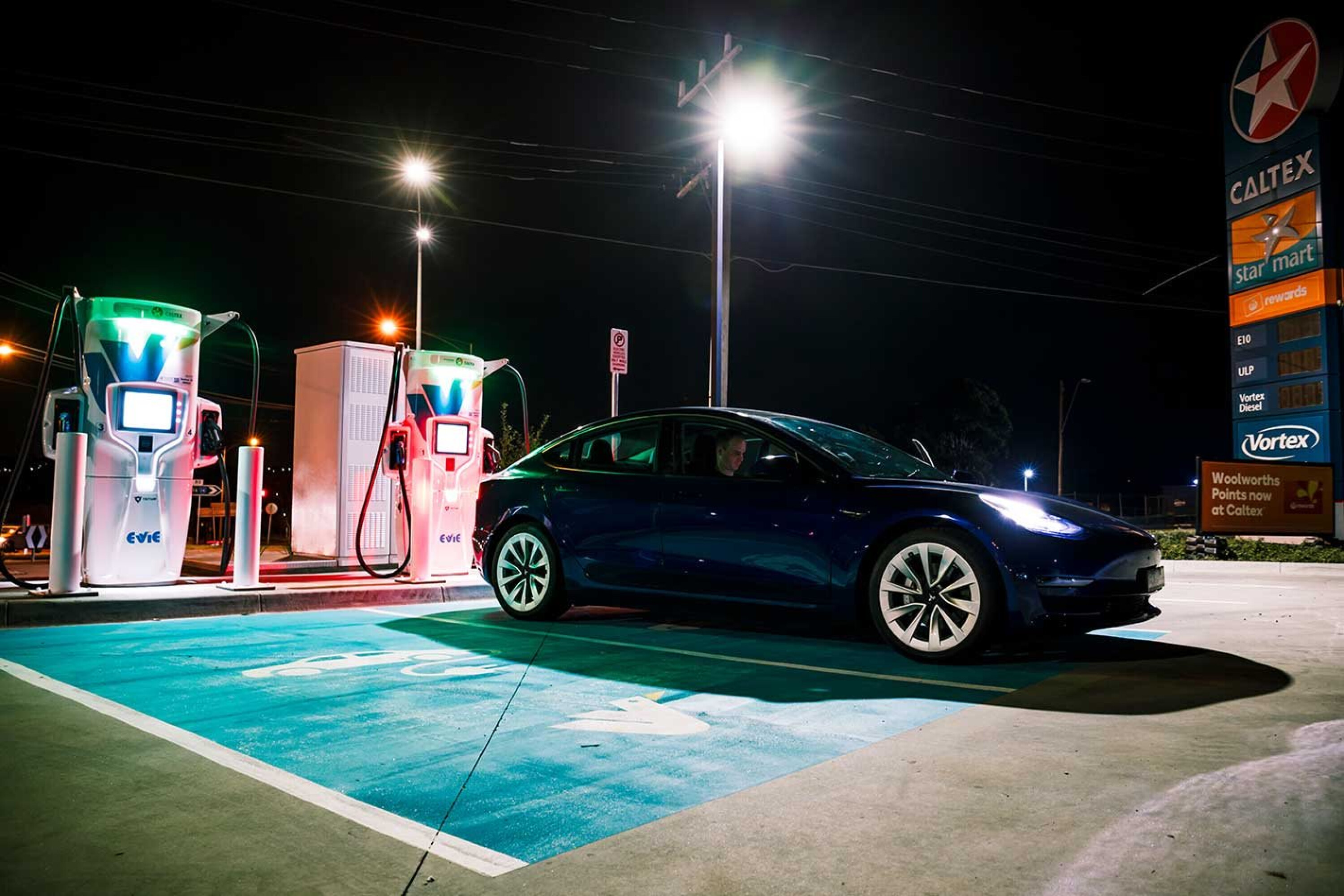 Advice
AdviceAre there enough EV chargers in Australia? Here's your guide
Public EV charging networks are expanding, but there still aren’t enough today. Does that mean you shouldn’t buy an EV?


